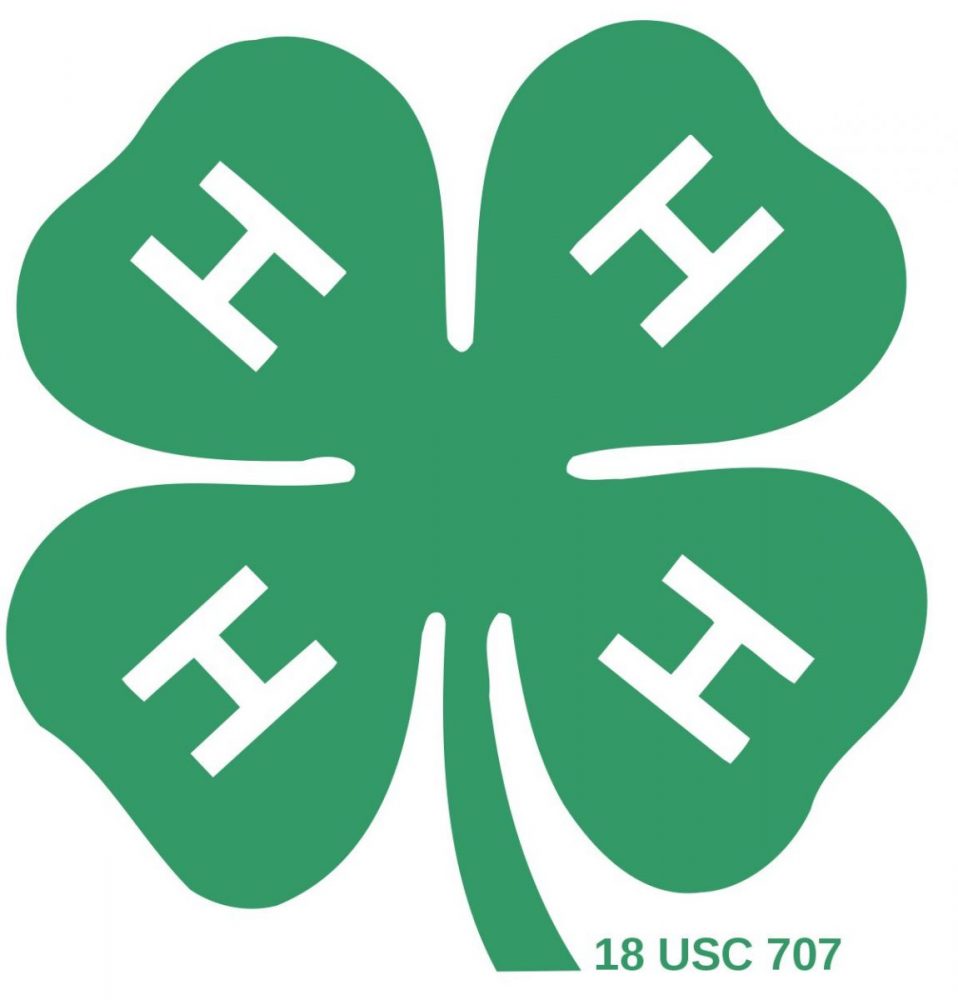May 28, 2024 – 4-H livestock projects are a significant aspect of the 4-H youth development program, which is designed to teach young people about agriculture, animal husbandry, and life skills. Participants in these projects typically select and care for animals, learning about their specific needs, proper management techniques, and how to prepare for exhibitions and competitions. Here’s an overview of what 4-H livestock projects entail:
1. Animal Selection: Youth select an animal species and often a specific breed to work with. Common livestock projects include cattle, sheep, goats, swine, poultry, and rabbits.
2. Care and Management: Participants learn about the daily care requirements of their chosen animals, including feeding, housing, health care, and grooming. This teaches responsibility and the importance of proper animal welfare.
3. Record Keeping: Keeping detailed records of the animal’s growth, feed consumption, health treatments, and expenses is a crucial part of the project. This helps participants develop organizational and financial management skills.
4. Educational Activities: 4-H members engage in various educational activities such as workshops, clinics, and field days. These activities provide hands-on learning opportunities and expert guidance on different aspects of livestock management.
5. Exhibitions and Shows: A major highlight of 4-H livestock projects is participating in fairs and shows where members present their animals. These events offer a platform to demonstrate the results of their hard work, receive feedback from judges, and compete for awards. There are many different types of Livestock shows. A common Livestock show for 4-H members is the NETLA show held every February. During the NETLA show an exhibitor will select a project, validate it at the required place and time and prepare it for the show. 4-H and FFA memberships are required to validate and show project for the NETLA show.
6. Community Service and Leadership: 4-H promotes community involvement, and members often participate in service projects related to agriculture. Additionally, older members have opportunities to take on leadership roles within their clubs and mentor younger participants.
7. **Life Skills Development**: Through these projects, youth develop valuable life skills such as responsibility, time management, teamwork, problem-solving, and public speaking.
Participating in 4-H livestock projects provides a comprehensive educational experience that extends beyond animal care, fostering personal growth and preparing young people for future careers. For more information on this or any other agricultural topic please contact the Hopkins County Extension Office at 903-885-3443 or email me at [email protected].








